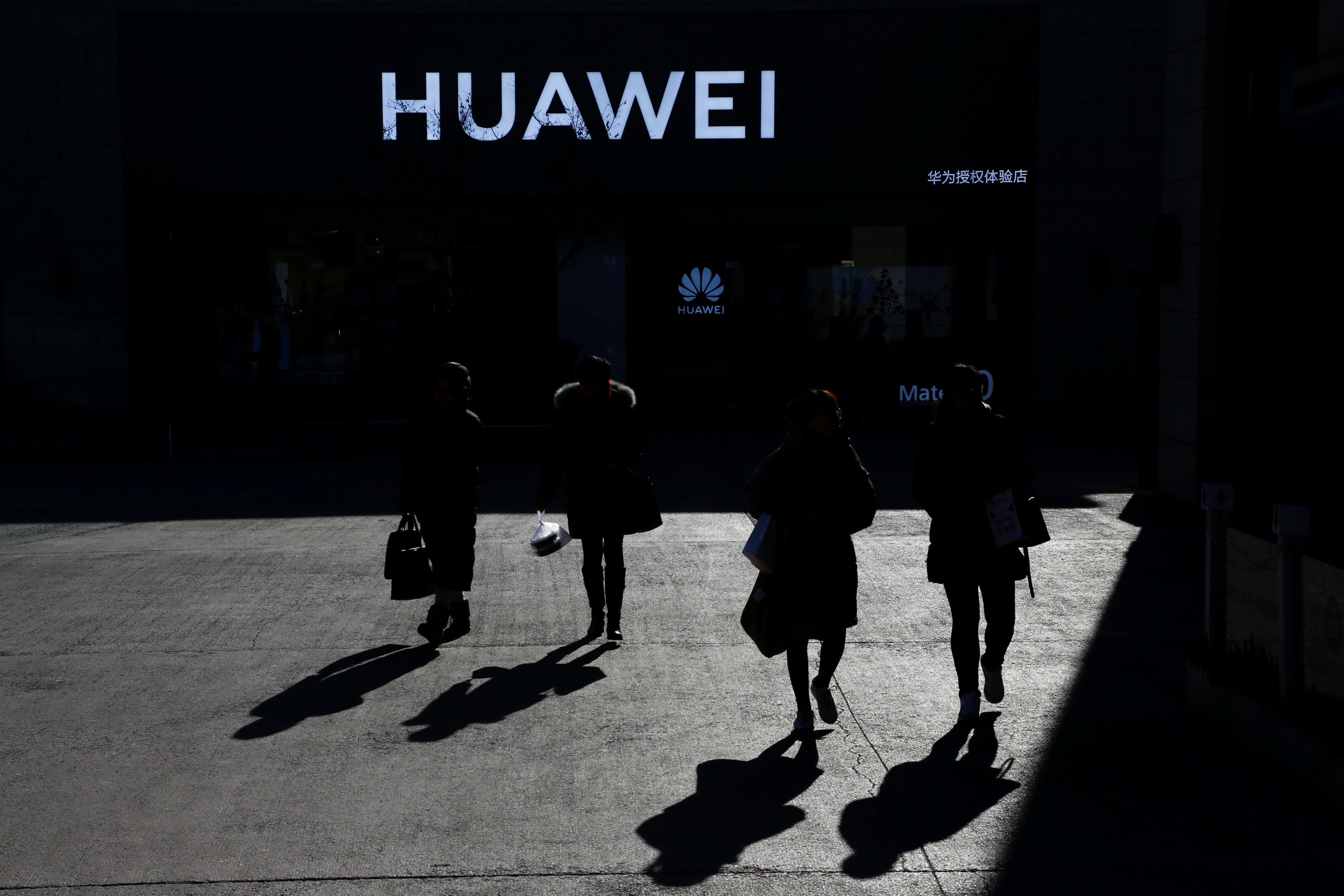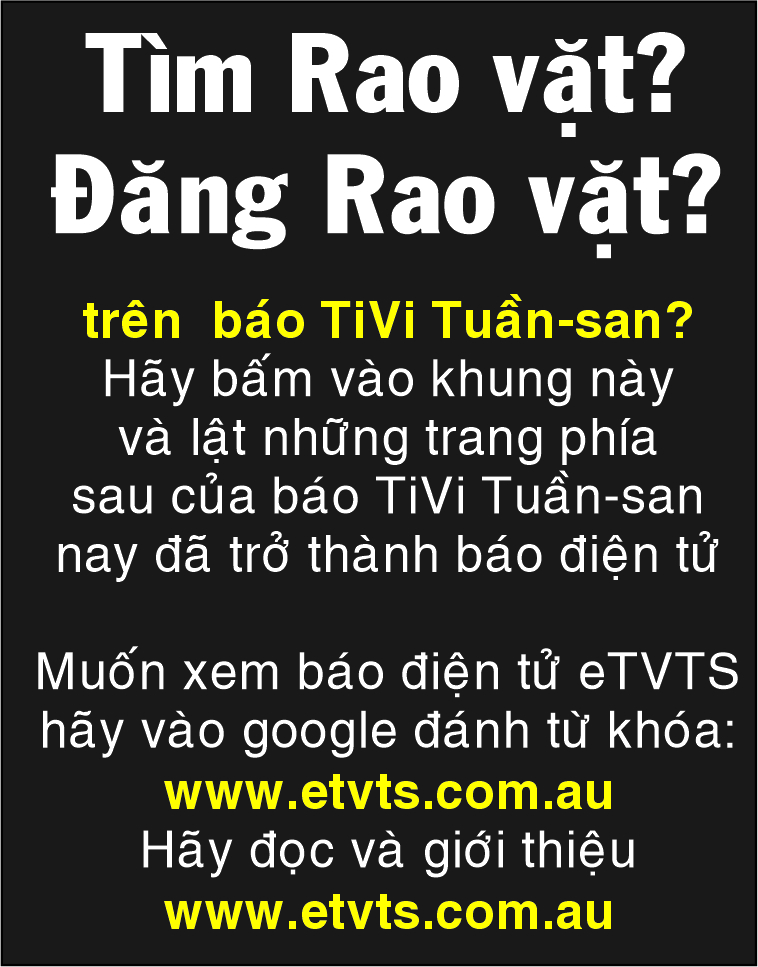Five Eyes will not use Huawei in sensitive networks: senior US official
 People walk past a Huawei shop in Beijing, China, December 11, 2018. (Photo: Reuters)
People walk past a Huawei shop in Beijing, China, December 11, 2018. (Photo: Reuters) GLASGOW, Scotland – None of the Five Eyes intelligence sharing nations will use technology from Huawei in the “sensitive” parts of their telecoms networks, a senior US official said.
A British security source said earlier that Britain would allow China’s Huawei access to non-core parts of the 5G network, but block it from all core parts of the system.
That puts it at odds with the United States which has told allies not to use the firm, fearing it could be a vehicle for Chinese spy operations.
Rob Joyce, a senior official from the US National Security Agency, said the Five Eyes group – made up of the United States, Britain, Canada, New Zealand and Australia – would not use technology from countries which posed a threat to critical national infrastructure.
“We are not going in the US to have Huawei in our most sensitive networks,” Joyce told a conference in Scotland.
“What I see playing out here is a discussion amongst all of us about the realities of where do you define sensitive networks, where does that start and end.
“You will see us united and linked that those most sensitive networks … won’t have those technologies from those countries that pose a threat to us whether it’s China and Huawei or others.”
Ciaran Martin, the head of Britain’s National Cyber Security Centre, said that any disagreements over Huawei would not threaten intelligence-sharing between the five allies.
“We can and have coped with various differences in the past on all sorts of subjects,” Martin told the conference where senior representatives from all the Five Eyes were speaking together for the first time on British soil.
“Whatever decisions are ultimately reached on Huawei and announced, this whole agenda on working on improvements in standards and regulation to strengthen the security in these vital systems, I know this entire panel is passionate about.”
Reuters



